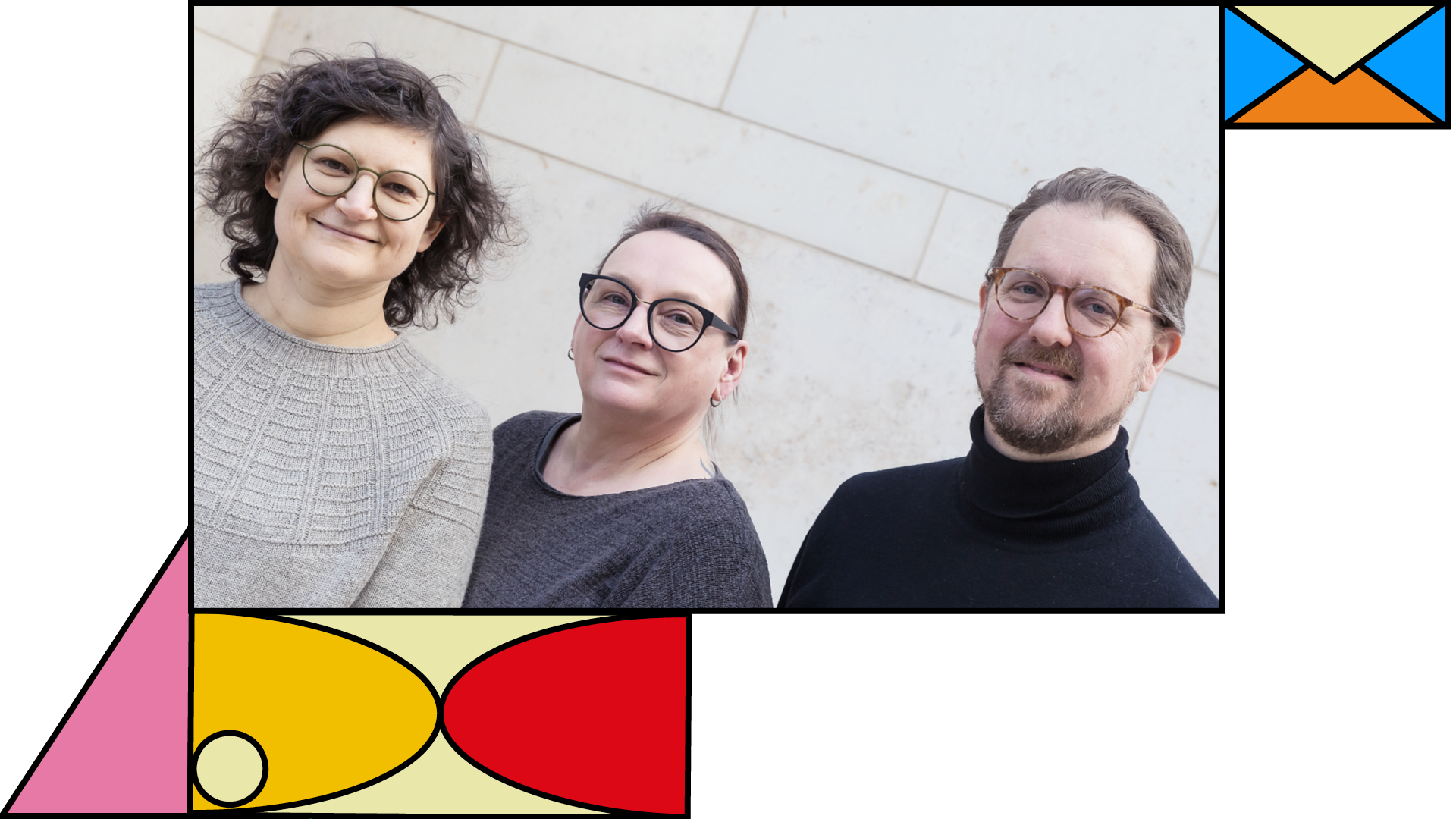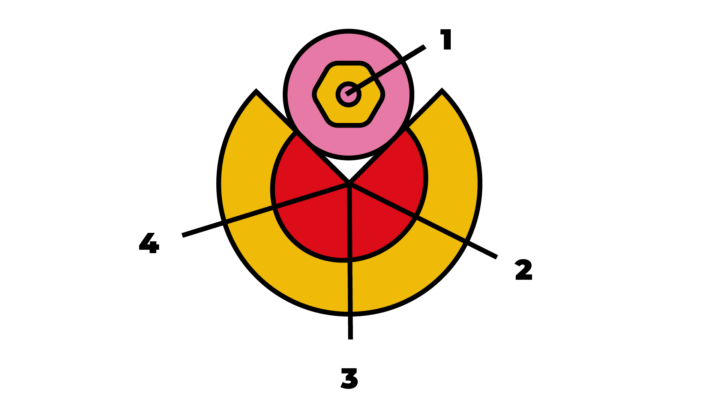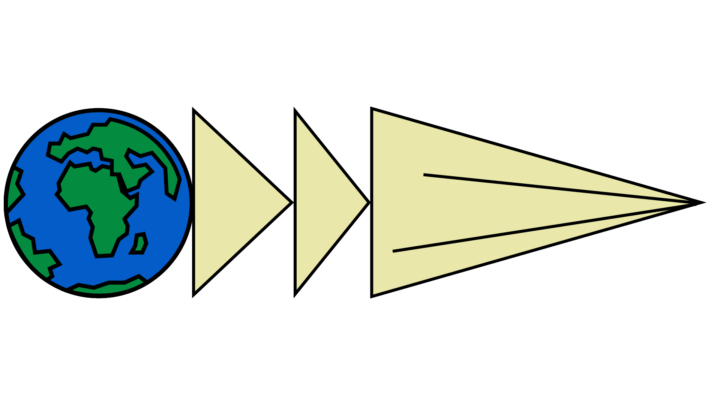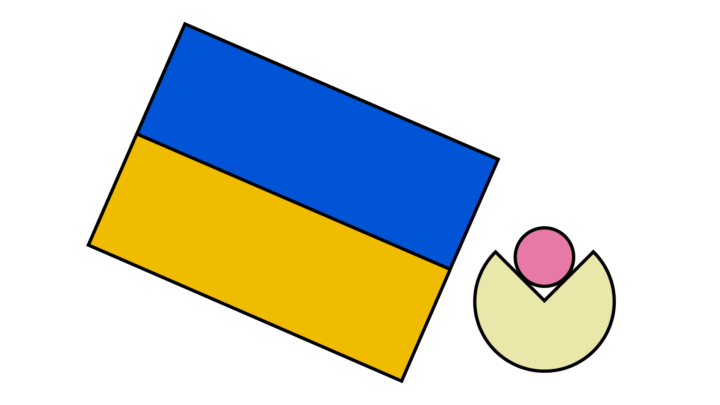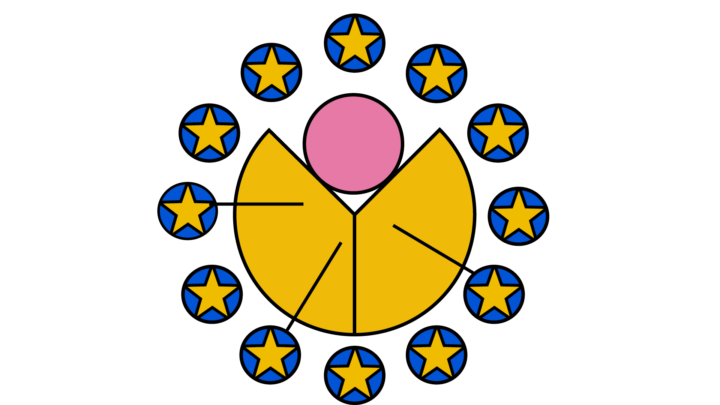Dear friends of Free Knowledge,
At last, for the first time since the beginning of the Corona pandemic, we were able to host another Wikimedia Summit in 2022. It took place in Berlin, organized by Wikimedia Deutschland. At the Summit, as many of the organizations and members from our global movement as possible come together in one place. This is where we exchange ideas about the big questions we all face, but also about the regional or local challenges for the individual organizations. What unites us as a global movement is our commitment to Free Knowledge.
Nicole Ebber, Director Movement Strategy and Global Relations at Wikimedia Deutschland, who organized the great Summit with her team as a hybrid and thus inclusive event, tells us in this annual report about the really palpable feeling of connectedness in Berlin, with happy faces wherever you looked.
But 2022 was also the year of a war in Europe that shook us all to the core and continues to do so. It is a humbling experience to see how abruptly the living conditions of an entire country can change. At the same time, the Russian attack on Ukraine shows the necessity of the work we are committed to as a movement: to release knowledge accessible to all in order to enable people to inform themselves and counteract lies and propaganda. Particularly in times when it is becoming increasingly difficult to verify whether information is true or false, we and our projects stand for knowledge from a reliable source, with its genesis transparent to all.
Wikimedia Ukraine is committed to this transparency, even under the most adverse conditions, and Wikimedian Oksana Rodikova reports on their work. She joined us as a staff member in 2022 – which was made possible thanks to Wikimedia Deutschland’s good international network.
All volunteers, donors, and members of our association make a decisive contribution, enabling our organization to go from strength to strength. In May 2022, Wikimedia Deutschland welcomed its 100,000th member – a special reason to celebrate.
Our support is paying off: more and more cultural heritage institutions are opening their doors to our projects. Our campaign “Public Money – Public Good!” is also bearing fruit. Wikimedia Deutschland is valued and heard as an important voice in digital policy. We have accompanied developments around artificial intelligence (with our datasets as a crucial enabler) from the very beginning with an alert, critical eye and are helping to shape the discussion around copyright issues that are associated with it.
As you can see: Wikimedia Deutschland covers a broad spectrum, filled to the brim with tasks and strategic problems. This is one of the reasons why I am pleased that Franziska Heine has been leading our organization as the new Executive Director together with Christian Humborg since 2022 – the wide range of our activities calls for a pooling of talented forces, made possible with our dual leadership team. Franziska Heine is a great leader whose previous role as Wikimedia Deutschland’s Head of Software Development was marked by great achievements over quite a number of years.
I hope that the two of them will continue to work closely together in a spirit of trust to meet the challenges we face, which will certainly not decrease in number. But if we stand together, it is possible to overcome them.
I would also like to take this opportunity to thank my predecessor Lukas Mezger, who chaired the Executive Committee for 3.5 years with great commitment and motivation. The cooperation was always substantial and goal-oriented. It was a good basis for me now taking on this role myself.
I hope you enjoy reading our annual report.
Yours, Alice Wiegand
Chairwoman of the Supervisory Board, Wikimedia Deutschland e. V.

